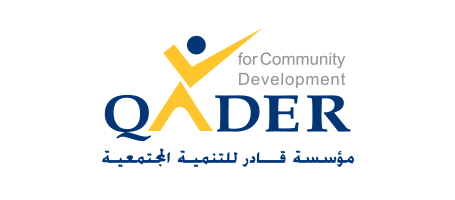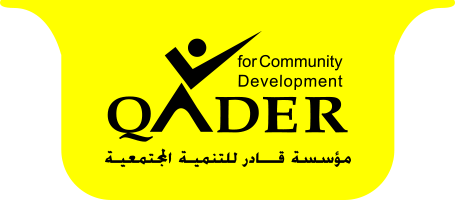“Because I am a Man”: QADER Participates in UN Women Gender Equality Storytelling Training

QADER for Community Development participated in a training session on gender equality through storytelling, which was organized by UN Women in Palestine, as part of their “Because I am a Man” Campaign. The campaign elevated gender equality issues and was promoted widely both locally and regionally in many Arab countries.
A number of local human rights, disability, children and women’s rights institutions participated in this training, which was delivered by Jocelyn Lehner, an American trainer who specializes in storytelling and defending human rights.
The training provided a 3-day workshop, in addition to continuous follow-up, in order to help enhance the participants’ skills in designing and developing their personal narrative on gender equality.
Personal storytelling is becoming a best practice for advocating for social issues, since it narrates aspects of a person’s life which, if shared, can be an intellectual and emotional experience to the audience. As such, this training is very important to advancing QADER’s work.
To complement this training, the participants prepared to implement activities in the community by searching for men who are willing to share their inspiring personal stories.
As a result, 7 personal stories of men from different regions were developed through enhancing their narration and storytelling skills. They eventually presented their personal stories at a number of Palestinian universities (Bethlehem University, Al-Quds University, and An-Najah University).
These events showcased positive examples of men and shed light on the global solidarity movement (HeForShe) in Palestine to mobilize men towards the principle of gender equality. In addition to other activities, a photo exhibition entitled "Palestinian Fathers" was held, which highlighted examples of men who share in the responsibilities of family life with their families. There were also a number of screenings of short films produced by UN Women, and competitions and a silent theater with students to raise awareness on gender equality issues.

